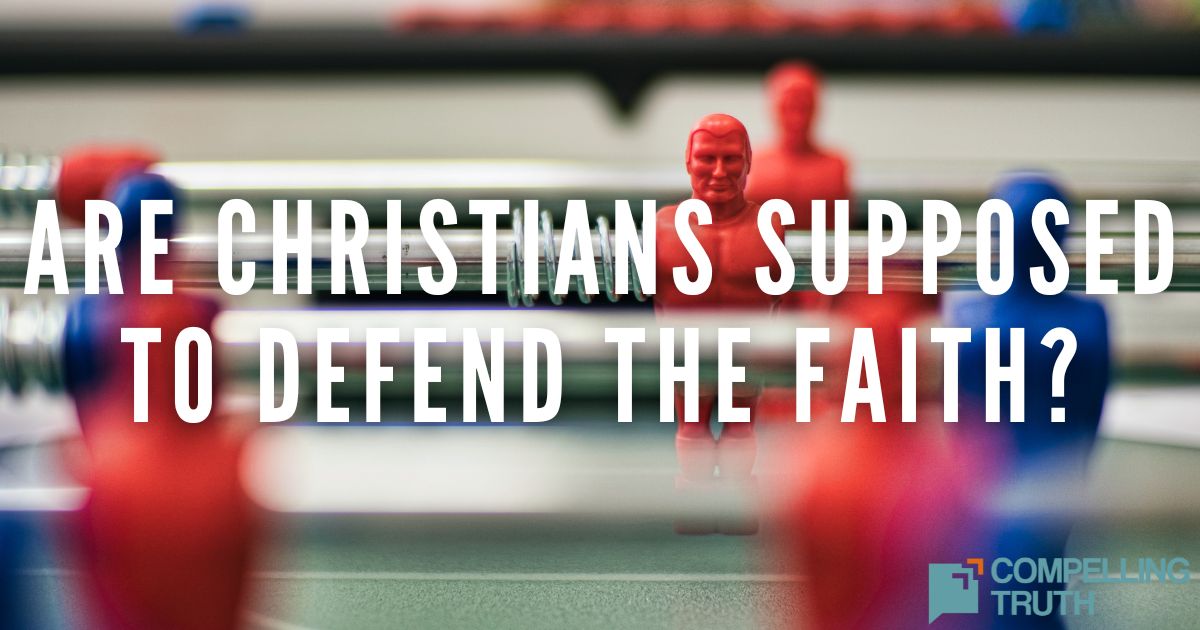Classical Christian apologetics is a branch of Christian theology that aims to defend the faith through rational arguments and philosophical proofs. This approach typically involves a two-step process: first, demonstrating the reasonableness of belief in God, and second, showing that further Christian truth claims, such as miracles or the resurrection of Jesus, are reasonable to believe. It emphasizes the presentation of Christianity as rational and logically coherent, often drawing on philosophical arguments to establish the existence of God and the truth of Christian teachings.
When the Apostle Paul addressed a Greek audience in Acts 17:22-34, he first established the fact of God's existence before presenting the gospel. In Romans 1:18–23, Paul articulates the design argument for God's existence, saying that those who refuse to believe in God already have sufficient evidence from God's creation to have believed in Him. We have enough evidence to believe in the God of the Bible. Classical apologetics shows that Christianity is a rational faith, starting with the reasonable belief in God and leading to the logical defense of Christian truth claims. It encourages believers to engage with others through evidence and reason.
Classical apologetics (also known as traditional apologetics) has as its distinctive feature a two-step approach to establishing a Christian worldview. For example, classical apologists are often hesitant to make an argument directly from miracles to the biblical God. Rather, they prefer to appeal to miracles after having already established a theistic context. Historical figures in classical apologetics include Thomas Aquinas, who presented five ways to argue for God's existence in his Summa Theologica, Modern proponents of classical apologetics include R.C. Sproul, William Lane Craig, and Norman Geisler.
The rational foundation of Christianity is something we can use to build our faith because it invites us to engage both our minds and hearts. Classical apologetics demonstrates that belief in God is not only a leap of faith but also a reasonable conclusion based on evidence. By first establishing the existence of God through reason—whether it’s the design of the universe or the moral law within us—Christianity builds a solid, logical case for its truth claims. This helps us confidently navigate doubts and objections, showing that faith in Christ is grounded in reality, not just in emotion or tradition. As believers, we are encouraged to follow Paul’s example, reasoning logically with others, using evidence to remove obstacles to belief, and ultimately pointing to the hope and truth found in Jesus Christ.




